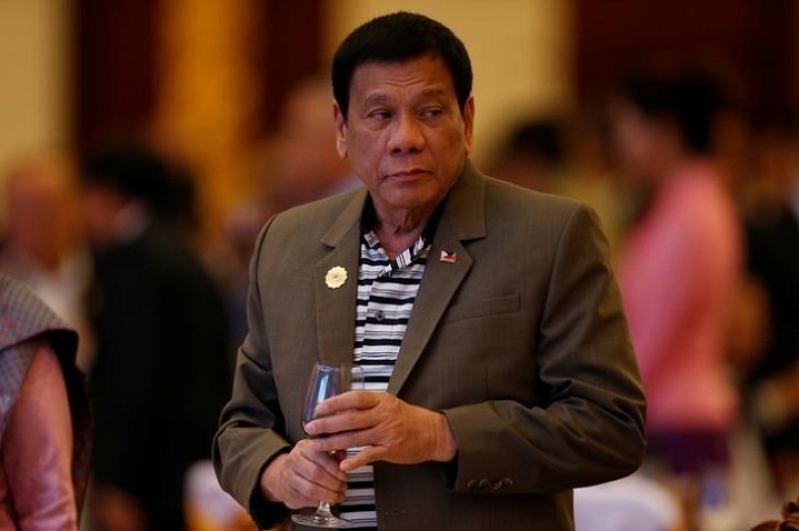
Controversial Philippine Pres. Rodrigo Duterte lashed out at the critics of the death penalty, which he wants to revive, challenging them with the question, “What if there’s no God?”
The argument was directed against groups that insist death penalty should not be reinstated because only God has the right to take a life.
In 2006, Congress passed a legislation abolishing the death penalty in the Philippines. Two weeks later, then president Gloria Arroyo signed the legislation into law, effectively abolishing capital punishment in the country and sparing about 1,200 inmates on death row.
Arroyo said the move was an act of yielding "to the high moral imperative dictated by God to walk away from capital punishment.”
And now, 10 years later, the current president wants to bring back the death penalty, telling his detractors that people no longer honor the law because they have no fear.
"People in the Philippines don’t believe in the law because fear is not there,” Duterte said.
He said previous administrations failed to impose the capital punishment out of pressure from the Catholic Church and their “bleeding hearts.”
“Every president along the way didn’t impose it only because the Catholic Church and all the bleeding hearts would say that only God could kill. But what if there is no God?” he said.
He then directed his question to God Himself and asked Him where He was when terrible crimes like rape and murder were being committed.
“I believe in God but that is my perpetual question to Him: Where were You when we needed You?” he said. “When a one-year-old baby, 18-months-old baby is taken from the mother’s arms brought under a jeep and raped and killed. So where is God? My God, where are you?”
Duterte mentioned the rising number of agnostics and atheists in the country, saying many people now “are questioning God.”
“It’s not enough to say that at the end of the world, he will judge the living and the dead. What would be the purpose of all of that if the heartaches, sorrows and agony have already been inflicted in this world?” he said, justifying the need for capital punishment.
The tough talking president has been known for releasing controversial statements. Earlier this year, he said if he should get elected, the number of extrajudicial killings could rise to 50,000 or even 100,000, and it will make God cry.
In June, he said the death penalty is a form of retribution against criminals because “when you kill someone, rape, you should die.”







